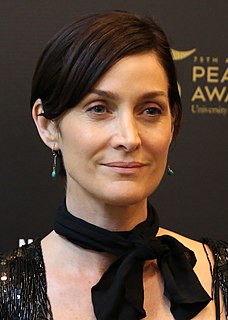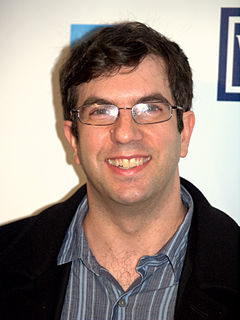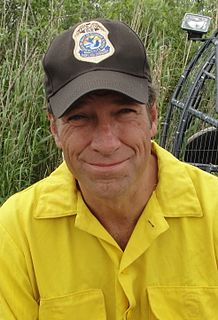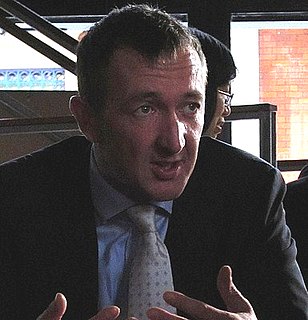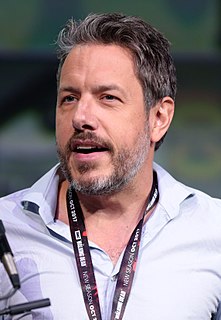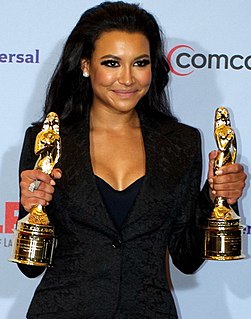A Quote by Erin O'Connor
Rejection is, of course, part of any successful model's career, as ironic as that sounds. It's how you pick yourself up and get on with the job.
Related Quotes
It's extremely difficult and very challenging to be a woman in film and television. Just showing up in this business forces you to know yourself. But I learned how to deal with rejection and get tough when I was working as a model - it taught me how to put myself out there. In a way, my time modelling was a preparation for life.
No matter how far I get into my career, even if I get hurt again, it's just a part of who I am. On the flip, I'm a warrior, I'm a soldier, I get up. As many times as I fell, I've still gotten up, and that's way more rewarding to me than any other thing that I've ever accomplished, and I'm proud of that.
I came out of UCB and, before that, punk rock, and the whole deal was you do it yourself. Get up and rent the space, get up and press your own records, get up and silkscreen your own tees, get it done yourself. That sort of self-reliance will only serve me. Any time I lose sight of that, my career suffers.
The problem with Wal-Mart is that it's a business model premised on offering the customer low prices at any cost - any cost to society, any cost to workers. They've got a lot of competition and have influenced people to follow their model through simply providing a model that is so successful at making profits.
I can relate to girls with self esteem issues because growing up in this industry there is the side of you that is obsessed with perfection. You want to please everyone because if you don't, you won't get the job. There is always someone prettier, smarter, or a better actor that you. You start to nit-pick everything. That perfectionism kicks in and it can take over your life if you let it. You have to get comfortable with yourself. Then, if you get the job, it is an added bonus.

